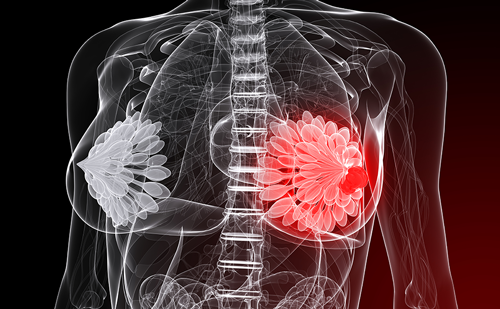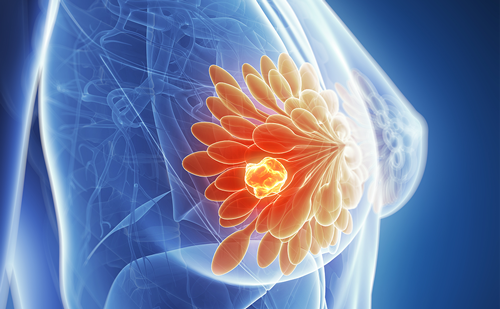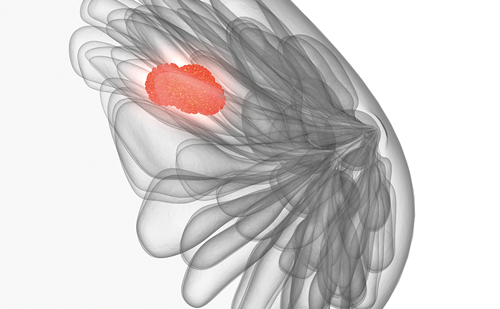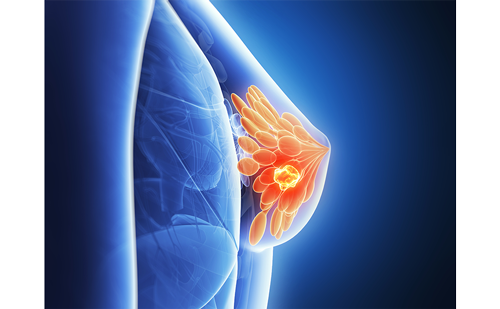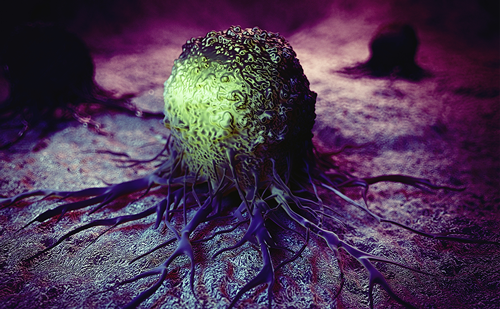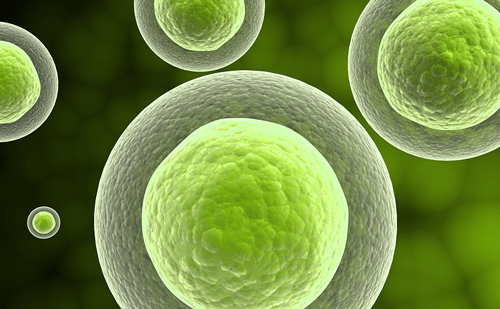The German Breast Group (GBG) is a leading study group covering the complete field of clinical breast cancer research in Europe. It was created out of the German Adjuvant Breast Group (GABG), established in 1981. Since 2003 the GBG has been restructured and since the late 1990s not only adjuvant but also neoadjuvant breast cancer trials, as well as prevention and palliation trials, have been launched. The GBG provides comprehensive management of clinical trials in all major therapeutic categories: prevention, neoadjuvant, adjuvant and palliative. The vision of the GBG is best described as healing by innovation, competence and partnership.
The studies are designed and surveyed by the members of the subboards (neoadjuvant, adjuvant/preventative, palliative and the most recent, surgical). The sub-board members are physicians and experts in the field of breast cancer, contributing their knowledge to innovation and trendsetting in study designs. Regular safety controls are supervised by the Independent Data Monitoring Committee (IDMC). Staff meetings take place regularly to update all participants, to discuss the progress of the study and to be able to react quickly in case of safety concerns or in case of new findings that need to be implemented in the study design.
A network of more than 650 national and international centres participates in these trials. In 2008 more than 4,250 patients were enrolled into GBG studies, which is about 8.5% of all newly diagnosed breast cancer patients in Germany. Overall, about 11% of all primary breast cancer patients receive their (neo)adjuvant therapy within a clinical trial. Figure 1 shows the overall recruitment in the last 15 years. Since 1981, about 60 trials have been run and about 22,000 patients have been enrolled and treated in trials by the GBG (and the preceding GABG). At the moment, there are 21 trials open for recruitment (three in the neoadjuvant, 11 in the adjuvant, five in the palliative and two in the preventative setting), and over 40 clinical trials are currently being managed by the GBG. The Arbeitsgemeinschaft Gynäkologische Onkologie (AGO)- Breast Study Group is joining many of the GBG’s trials and using its trial infrastructure.
To read full article please click here




